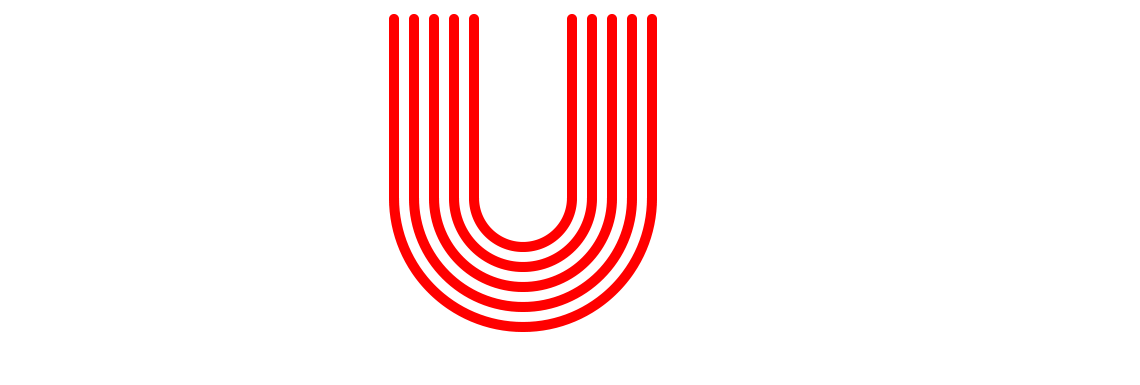2017 Ministerial Council Meeting - welcoming remarks
Welcoming remarks by Angel Gurría
Paris, France, 7 June 2017
(As prepared for delivery)
Prime Minister Løkke Rasmussen, Ministers, Ambassadors, Ladies and Gentlemen,
I am delighted to welcome you to the OECD’s 2017 Ministerial Council Meeting on “Making Globalisation Work: Better Lives for All”. We are honoured to be joined by Prime Minister Løkke Rasmussen of Denmark, our MCM Chair. Together with our Vice-Chairs Australia and the United Kingdom, the Danish Government has helped define an ambitious and forward-looking agenda, around the most pressing of global challenges.
Our focus on “making globalisation work for all” is a timely one. Globalisation has advanced rapidly over the past decades, and brought many benefits. It has facilitated global economic growth, integrated emerging economies in global markets, lifted millions out of poverty and spread technology, citizens and cultures across the world.
Yet, in many OECD countries, citizens are turning their backs on globalisation. Populist voices calling for protectionism and “exclusive nationalism” are attracting support in public opinion and in elections.
This is in part fuelled by a widespread belief that the benefits of globalisation have been concentrated in the hands of a few. And we have to begin by acknowledging that many have been left behind. In some OECD countries real median incomes have failed to grow for 20 years or more.
Meanwhile, the richest 10% of the population now earn almost 10 times more than the poorest 10%, up from 7 times in the 1980s. And wealth is even more concentrated than income: At the last count, the top 1% wealthiest households in OECD countries for which comparable data are available owned 18% of total household wealth. The bottom 40% owned only 3% of total household wealth. And inequalities are not only growing, they are becoming increasingly entrenched and inherited.
The role of globalisation in driving these disparities is complex. We don’t have all the answers and there are many factors at play. But there are some plausible mechanisms for what has gone wrong. For example, in the past few decades tax systems in the OECD have tended to shift the tax burden onto labour and become less progressive. Globalisation has also facilitated tax evasion and avoidance.
The deepening financialisation of our economies is positively associated with higher income inequality across OECD economies. There is also evidence that globalisation has fed the dominance of leading firms in some sectors and allowed the rise of market distortions and unfair trade practices. And of course, the combination of technological change and globalisation has put at risk many jobs involving routine tasks, contributing to the polarisation of labour markets.
So where do we go from here? We cannot and must not risk a damaging retreat from global openness and integration. We need new approaches based around inclusive growth and well-being. The OECD’s New Approaches to Economic Challenges initiative (NAEC) has been questioning assumptions and models, and promoting new policy tools and data for five years now. We need to continue deepening and spreading these insights, fostering a NAEC-State-of-Mind across our Member and Partner countries. But also among our staff.
It is about empowering people with the skills to pursue opportunity in a globalised and increasingly digitalised economy. It is about developing creative solutions to ensure universal access to quality healthcare and education and to promote the integration of migrants. It’s about supporting SMEs and strengthening technology diffusion. It’s about improving social protection and safety nets without creating disincentives to increased innovation and productivity.
We also need to strengthen international standards, making them more effective in leveling the global playing field and improving inclusiveness. In particular, we need greater international collaboration on competition, taxation, state-owned enterprises, responsible business conduct and fighting corruption. While in some cases new standards may be needed, in others it is a question of broadening the coverage of existing standards and enforcing their compliance. The OECD is already working across these areas to improve the governance of globalisation, but we all need to increase the effort.
We will be going deep into all these issues over the course of this MCM. There will be sessions dedicated to making globalisation more inclusive; more able to support people, firms, regions and cities in an open and digitalised economy; more open to competition and more able to spread the benefits of trade and investment to all.
The OECD will be supporting these discussions with a number of important OECD deliverables to feed your creativity and level of ambition. In addition to the Key Issues Paper and the Business and Finance Outlook released last week, these include a Progress Report on Inclusive Growth, a report on Going Digital: Making the Transformation Work for Growth and Well-Being and one on the implementation of the OECD Gender Recommendations. There will be the Preventing Ageing Unequally Action Plan, and a summary and policy lessons on Enabling the Next Production Revolution, and of course my Strategic Orientations for 2017 and the latest OECD Economic Outlook, to name just a few.
And we are delighted to have Denmark leading these efforts.
It is an honour to welcome Prime Minister Løkke Rasmussen to launch this Ministerial Council Meeting. Denmark has been a strong promoter of market openness and global integration, while empowering citizens with the robust safety net and the education and the skills to pursue opportunities. It is a country that is also experiencing the difficult challenges of migration in Europe, and I am sure that you have many valuable experiences to share.
So let me pass the floor to the Chair of this 2017 MCM, Prime Minister Løkke Rasmussen, with a quote from his New Year’s wishes to the Danish people: “We cannot build walls against the world. If we do, we will end up locking ourselves in”. These inspiring words capture why we are here today.
Prime Minister, we look forward to hearing your views.
Related Documents

